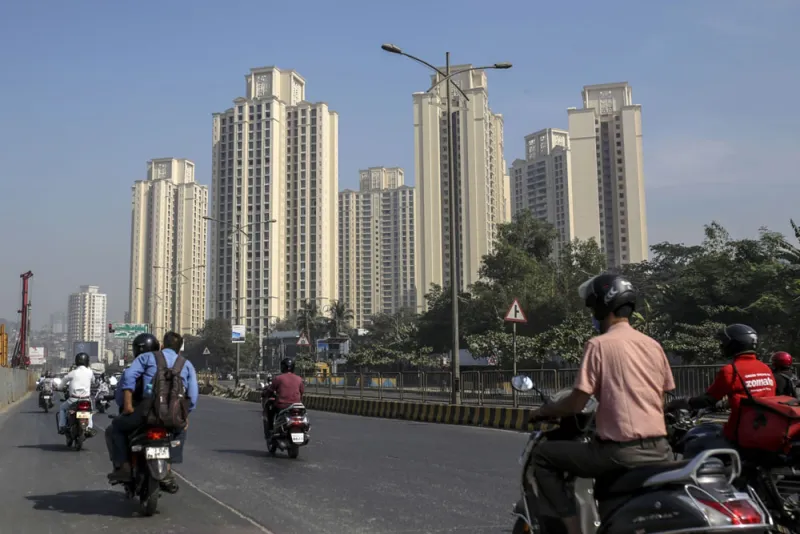Emerging markets were down in the first half of 2022 as inflation and geopolitical tensions besieged global economies. But Franklin Templeton, the $1.5 trillion asset manager, says there are still plenty of reasons to remain positive.
To begin with, emerging markets have demonstrated far greater resilience to macroeconomic shocks than in the past. Investors can see this reflected in the recent low volatility of EM currencies, according to Manraj Sekhon, chief investment officer of emerging markets equity at Franklin Templeton. In 2013, when interest rates were rising in the U.S., investors pulled money from emerging markets to invest in higher-yielding domestic assets. That resulted in significant depreciation in emerging markets currencies. But this time, there is an “unusually low level of volatility” in EM currencies relative to those in developed markets — a signal that emerging markets are “in better health than prior cycles,” according to Sekhon.
“Inflation in this cycle is more of a challenge for the developed world,” Sekhon told Institutional Investor. He added that consumer, corporate, and sovereign balance sheets are all in better shape in emerging markets than in developed ones.
China and India are expected to lead emerging markets outperformance in the second half of 2022, according to Sekhon. The loosening monetary policies in China are particularly attractive to investors who want to diversify risks outside of the U.S. In addition, China’s exploration in green technology also presents opportunities for sustainable investing, Sekhon said. The fact that China is already outperforming global markets, even without a fully open economy, is reassuring to investors, too, he added.
“The so-called reopening trade that we’ve seen in the U.S. and the West over the last 12 and 18 months has not happened in China yet,” Sekhon said. “I think [China] is going to be the strongest reopening story that we’ve yet seen around the world.”
As for India, Sekhon said that the country has been negatively affected by inflation for its reliance on imports of fuel and energy. But as soon as global inflation is contained, India will “come out okay,” he said.
There are also emerging market economies that have been benefiting from rising commodity prices. Brazil, for example, is an oil-focused economy and also exports hard commodities like iron ore. “The Brazilian economy is benefiting from what’s happening globally and the tightness of supply of those commodities,” he said. In addition, Brazil created a potential buffer against recession by raising interest rates early.
But Sekhon cautions that emerging economies shouldn’t be treated as one big market. China, for example, is almost a standalone class from the rest of the emerging markets. The best way to invest is to combine local insights with a global perspective, Sekhon said. For example, if oil prices go up, it’s important to consider how much the Saudis will supply, what it means for imports of energy into India, and how much oil China will need to reopen its economy. “You need to be on the ground [to invest in emerging markets],” he concluded.







